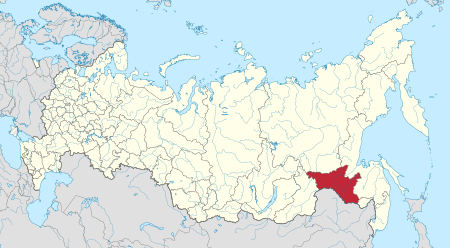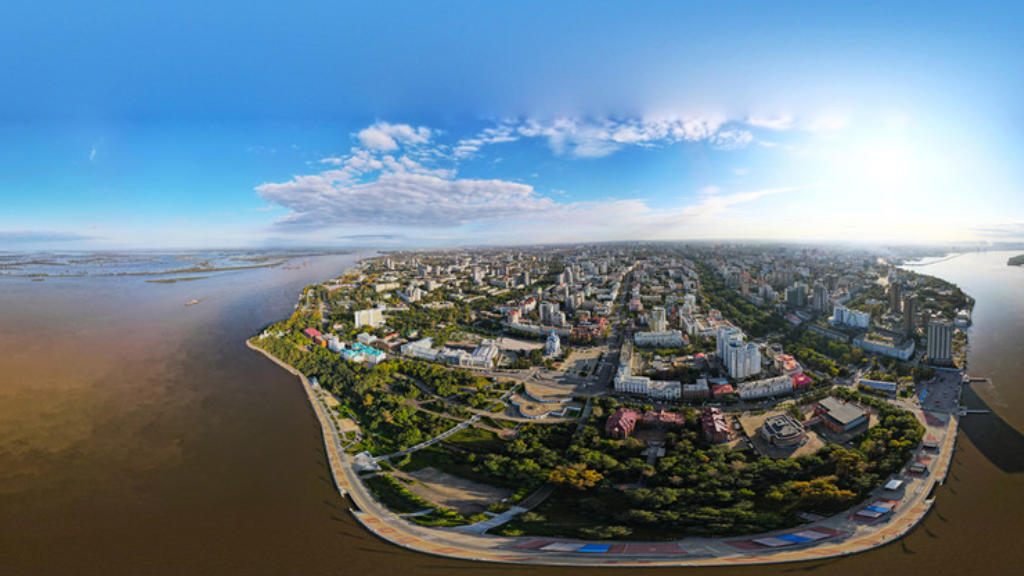As we predicted would happen, Chinese investors have already begun making investments into tax incentive-driven projects in Russia.
China’s Xuan Yuan, (XY Group) a Beijing-based, cross-border investment firm that specialises in international trade, including railway rolling stock and other large export of electromechanical products, public safety testing equipment, urban public security and emergency systems, urban heating, and power supply infrastructure, real estate development, and overseas project contracting.
They have reached an agreement with Amur FEDC, a subsidiary of the Russian government’s Far East and Arctic Development Corporation (FEDC), to build an industrial park to manufacture high-tech equipment in the international priority development area (PDA) in the Amur Region. Investment in the project is expected to exceed ₽10 billion (US$110.5 million).
The letter of intent to implement the project was signed by Amur FEDC director Irina Volkova and Xuan Yuan executive president Xue Hailong at the Eastern Economic Forum in Vladivostok. Volkova said that “The construction of the industrial park for manufacturing high-tech equipment is planned at the Rovnoye investment site within the PDA. The preferential regime will begin in 2025 and provide residents with the most favourable conditions for implementing projects with high added value.”

She said a plot of land has already been selected for the park and the investor has registered a company in Amur Region. The paperwork for obtaining resident status is now being prepared.
Xue Hailong, XY Group’s president, said “The products and services that will be manufactured and provided in the industrial park are pertinent right now. These include laser equipment, robots, high-quality bearings, composite materials, smart elevators, intelligent control systems, and 3D printing. The support of the PDA regime will enable us to implement the project in a shorter period of time.”
Russia has been developing Industrial Parks and Special Economic Regions to attract foreign investment, and has been taking a leaf out of China’s book in doing so, when Special Economic Zones were set up throughout the country in the late 1990’s. These offered, as the Russian equivalents do, income tax breaks, reduced overall corporate income tax breaks, in addition to preferential land use rights, reduced utility bills and employee welfare contributions.
Further Reading
Baikal-Amur Rail To Be Developed For Russia’s AsiaPac Markets

 Русский
Русский













